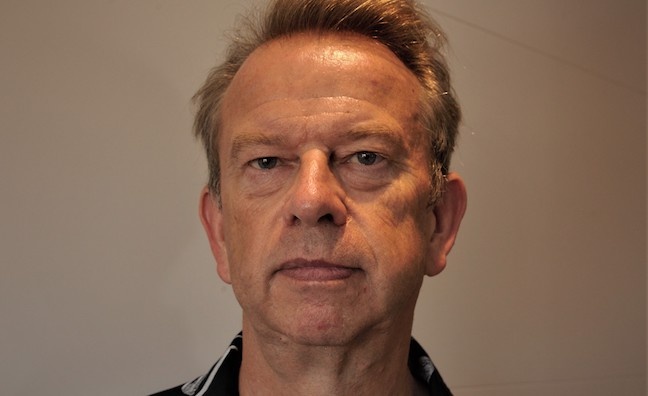Sir Nicholas Hytner is the founder and director of the Bridge Theatre, London. In a recent article in The Guardian, Hytner laid out his vision for the future of funding of the arts in the UK, which I’ll summarise for you as, ‘High arts should continue to receive all the funding they currently get, so let’s set up a new body to give away some other public funding to any of the other stuff that’s happening, because it probably matters to someone.’
In his piece, Hytner failed to mention grassroots music venues.
Sir Peter Bazalgette is co-chair of the Creative Industries Council, pro-chancellor and chair of council at the Royal College Of Art and a non-executive board member at the Department Of Education.
In 2017, Bazalgette wrote the Independent Review Of The Creative Industries, which had 18 recommendations for what government should do to support these sectors. None of his points related to the need for government action on the grassroots music venue sector either, despite him noting that, “The music industry relies on grassroots venues and production facilities as testing grounds for new artists and technicians.” He also acknowledged that grassroots venues are the “lifeblood of music tourism, a sector that generates £4 billion GVA per year.”
Bazalgette also mentioned that these spaces are “disappearing due to, amongst other factors, a lack of investment and rising business rates.” Fifty-eight grassroots music venues are in our crisis service currently and Bazalgette is now writing a strategy for the government on how to support the creative industries.
In May 2020, Lord Neil Mendoza was appointed by the Secretary Of State as commissioner for cultural recovery and renewal. This position provides “an expert and independent voice to government” and advice “on how the culture sector can best recover from the Covid-19 pandemic.” But so far this year, 48 grassroots music venues have closed.
One reason for this is that, whilst grassroots venues in the UK attracted 22 million audience visits to gigs last year, employing 30,000 people and creating over 175,000 events and over half a million performance opportunities, those same venues pay the highest rate of VAT on tickets of any major music nation. They pay almost quadruple that of France, Germany, the Netherlands, and many times more than Norway, where grassroots ticketing is zero-rated. These venues also pay the highest rate of premises taxes in Europe.
Between them, Hytner, Bazalgette and Mendoza have managed to author articles and reports which have had a positive impact on the wider cultural sector. But to date, in their reports, none of them have included the negative impact on our talent pipeline that these pre-profit taxes on cultural investment have at a grassroots level. Why? Because these challenges are not faced by our opera houses, theatres, galleries, museums or any other major cultural spaces.
Indeed, through tax codes, local authority guidance and organisational structure advantages, huge swathes of our cultural landscape are enjoying benefits on VAT and business rates (look at VAT Notice 701/47 to understand what that looks like in real life).
For example, a qualifying orchestral production company putting on a qualifying concert can claim Orchestra Tax Relief – an 80% deduction of total core costs against any tax owing on profit or a payable tax credit at a rate of 25% on a loss. You can get the same benefits for a qualifying theatre production under the Theatre Tax Relief.
It’s worth you looking up those tax reliefs, because the wording of them is explicitly designed to exclude popular music events; Damon Albarn would qualify to get a tax relief for writing and producing his opera Dr Dee at the Palace Theatre, but not for writing and producing the Blur performances at Wembley.
However, it isn’t Hytner, Bazalgette and Mendoza’s successful arguments for the sectors they care about that we should be too disparaging about. We should instead be trying to understand why those sectors have managed to attract these beneficial conditions, and be demanding that the grassroots sector’s input into the cultural life of the nation is treated equally alongside the support provided elsewhere. At the very least, our cultural infrastructure, venues, recording studios and rehearsal rooms deserve access to the same level of government support enjoyed by theatres, galleries, arts centres and museums.
Now, you will appreciate that I, on behalf of Music Venue Trust, am already asking for that. But I haven’t ever met Hytner, Bazalgette or Mendoza, which raises the question of, who, in our industry, is having the meetings we need with these influential figures? And why aren’t they asking for the support we deserve?












